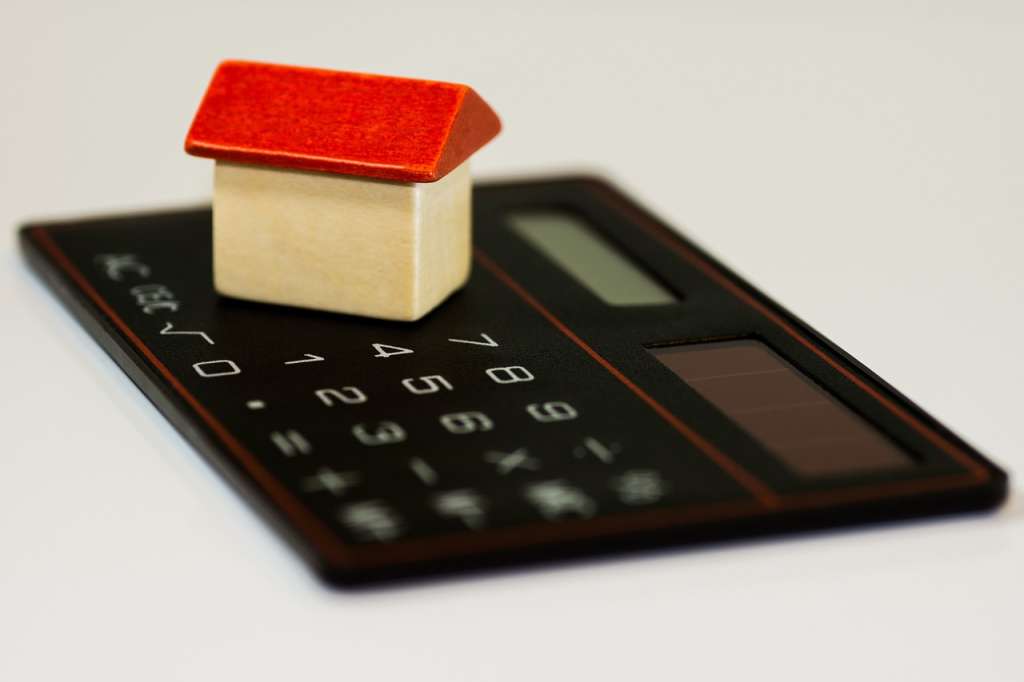
Whether remodeling your bedroom, repairing a damaged home, re-paving your decrepit driveway, or building a DIY pole barn in your yard, countless reasons might lead a homeowner to consider refinancing their home mortgage. Before doing so, however, it’s vital to examine the pros and cons of doing so, and none are more relevant to your financial life than its effect on your credit score.
Delving into the intricacies of credit assessment, the article aims to shed light on whether refinancing a mortgage is detrimental to one’s creditworthiness. By analyzing the key factors that influence credit scores and delving into the refinancing process, readers will understand the potential effects on their financial standing. With a balanced perspective on the advantages and disadvantages, this exploration seeks to equip homeowners with valuable knowledge to make informed decisions about their mortgages and credit health.
Table of Contents
What is Mortgage Refinancing?
There are many advantages to buying a new construction home, but if you need to remodel or renovate an old home even if it’s a barndominium, you may find yourself in need of an infusion of capital. If you’re considering refinancing your mortgage, it’s essential to understand what it is and how it can benefit you. For example, did you know that homeowners who refinance their mortgages typically save an average of $150 per month on their mortgage payments? Refinancing a mortgage involves replacing your current home loan with a new one with different terms. This can include getting cash from your home, lowering your monthly payments, or shortening the length of your loan.
There are two main types of mortgage refinancing: the cash-out refinance, and the rate and term refinance. A cash-out refinance allows you to borrow more than what you owe on your home and receive the difference as cash. On the other hand, rate and term refinance aims for better interest rates and lower monthly payments without taking out additional funds.

Refinancing is similar to when you first bought your home but less complicated. It usually takes around 30–45 days to complete a refinance. First, you’ll need to review different refinance options from various lenders. You’ll also be required to provide information about your income, assets, debts, and credit score for the application. Documents such as pay stubs, W-2s, bank statements, and tax returns will be needed.
Once you’ve chosen a lender and locked in an interest rate (which can last 15–60 days), underwriting will verify all the financial information provided during the application process. An appraisal will also be conducted to determine the value of your home since it impacts loan options. When closing on a refinance loan, you’ll review all the loan agreement details before signing documents and paying closing costs. It’s important to note that there is a three-day grace period called “the right of rescission;” during this period, you can cancel if needed.
Receive Quotes from Multiple Barndominium Builders & Kit Providers Near You Today (It's Free!)
Fill in this 1-minute form below and receive estimates for your project without having to find them yourself! Let them do the work.
How Does It Impact Your Credit?
When you decide to refinance your mortgage, it is essential to understand the potential impact on your creditworthiness. Refinancing can affect your FICO credit score, so knowing how it may influence your financial standing is crucial. One factor to consider is the frequency of refinancing or applying for credit related to your mortgage. If you refinance too often or apply frequently for such credit, it can lower your credit score. To minimize any adverse effects, limit inquiries to a two-week window when rate shopping and submit all applications within a 30- to 45-day period.
Another aspect that can impact your credit score is the type of refinancing you choose. Cash-out refinances, where you borrow more than what you owe on the existing mortgage and receive cash back, can adversely impact your credit score. It’s best to avoid them whenever possible to maintain a healthy credit rating. Additionally, older debt with a steady payment history is better for your credit score than newer debt. Losing the record of paying an old mortgage on time could harm your score. Therefore, it’s essential to carefully evaluate the potential benefits and drawbacks before deciding whether or not to refinance.
By being mindful of these factors and taking precautions, such as knowing your credit score and shopping lenders by giving them that information instead of allowing multiple inquiries, you can help ensure that refinancing doesn’t negatively impact your FICO score.
Alternatives to Refinancing
Financial experts encourage individuals to consider exploring alternative options to refinancing their mortgage in order to protect and improve their financial standing. While refinancing can be a viable solution for accessing cash or securing a lower interest rate, weighing the potential impact on your credit score is important. Fortunately, there are alternatives available that may better suit your needs.
Home Equity Line of Credit
One option to consider is a home equity line of credit (HELOC). With a HELOC, you can borrow from your home’s equity as needed while making monthly payments. This option typically has lower closing costs, more flexibility, and potentially lower interest rates than a cash-out refinance. A HELOC can be used for various purposes, such as home improvement projects, college tuition expenses, or business financing.

Home Equity Loan
Another alternative is a home equity loan. This option provides a lump sum upfront and requires fixed monthly payments. Home equity loans often have lower interest rates than cash-out refinances and can be used for home renovations or paying off debt. It’s also worth considering separating the cash-out refinance into two separate loans by refinancing the first mortgage and adding a second mortgage. This approach may result in lower overall costs.
Remember to carefully assess your financial goals and comfort level with changing loan terms before deciding on any refinancing option. By exploring these alternatives, you can make an informed decision that aligns with your unique circumstances while safeguarding your credit score.
Refinancing & Credit Scores: A Case-By-Case Decision
The decision to refinance a mortgage can have nuanced implications on an individual’s credit score. While the process itself may cause a temporary dip in the score due to credit inquiries and other factors, the long-term effects are largely influenced by the homeowner’s financial management. Timely payments and responsible credit usage can mitigate any negative impact and, in some cases, even improve creditworthiness.
Ultimately, informed decision-making is essential, and homeowners are encouraged to weigh the potential benefits against short-term fluctuations in credit scores. Seeking professional advice and thoroughly understanding the refinancing process empowers individuals to safeguard their financial future wisely.

